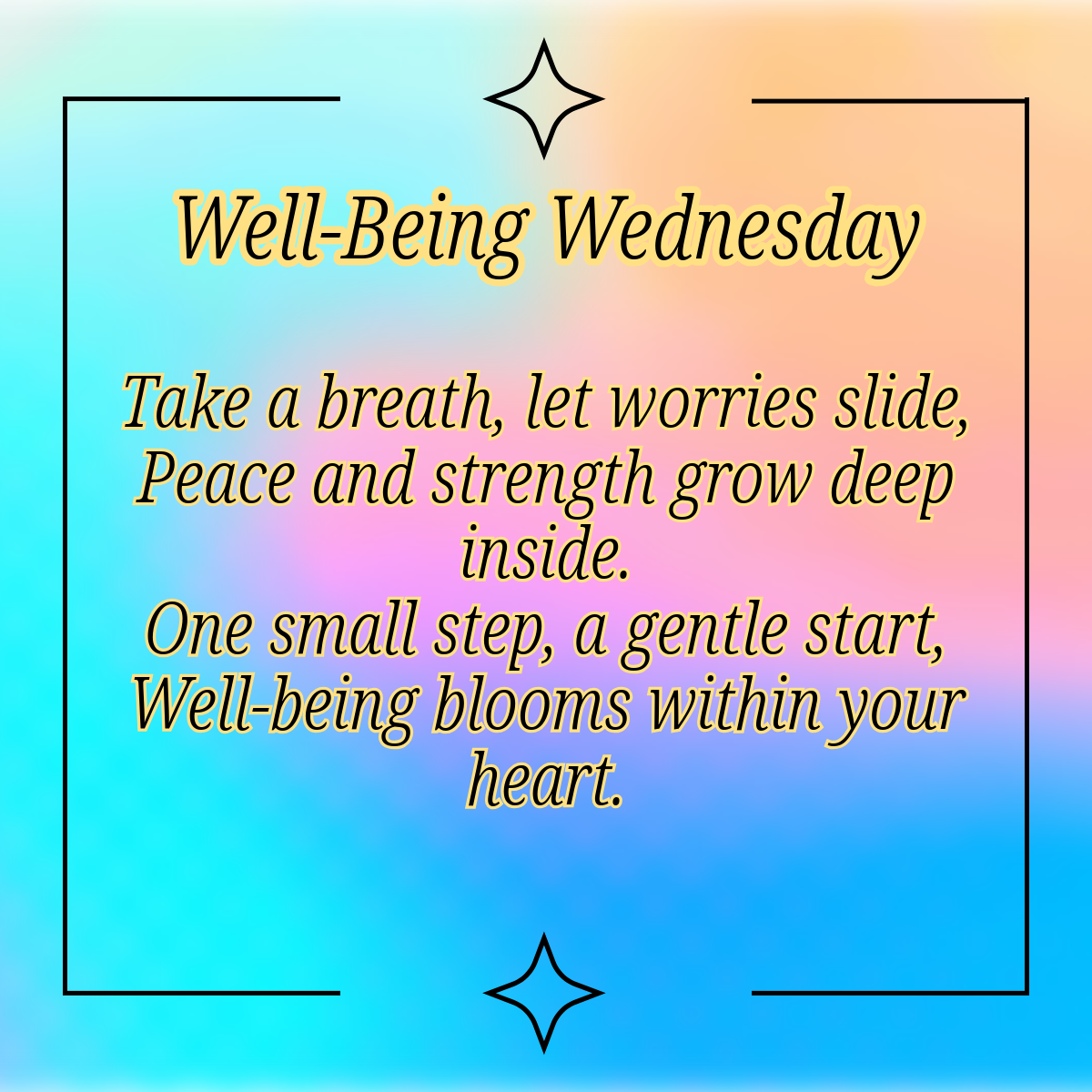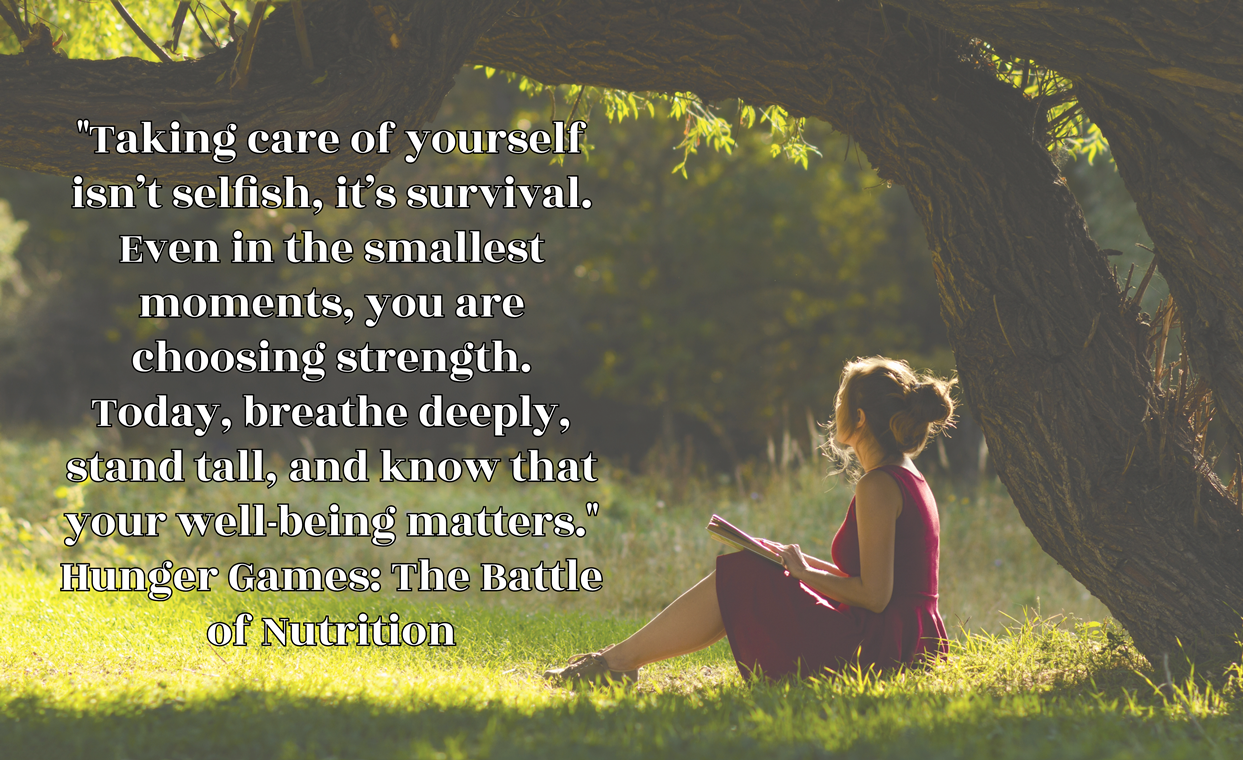Community is a lifeline for everyone, but it holds particular significance for individuals reliant on Artificial Nutrition.
Living with a condition that necessitates Artificial Nutrition can be isolating. Medical complexities, dietary restrictions, and potential physical limitations can create a sense of detachment from everyday life. This is where the power of community becomes evident.
Emotional Support and Understanding
Shared experiences: Connecting with others who face similar challenges can provide invaluable emotional support. Sharing stories, fears, and triumphs can foster a deep sense of understanding and camaraderie.
Reduced isolation: Community involvement can help combat feelings of loneliness and isolation that often accompany chronic illness.
Increased coping mechanisms: Learning from others’ experiences can equip individuals with effective coping strategies to navigate the emotional ups and downs.
Practical Support and Information
Knowledge sharing: Community members can offer practical advice on managing Artificial Nutrition, equipment, and care routines.
Access to resources: Information about new treatments, support services, and advocacy groups can be shared within a community.
Caregiver support: For caregivers, connecting with others in similar roles can provide invaluable support and guidance.
Advocacy and Empowerment
Collective voice: A united community can advocate for improved access to care, research, and support services.
Increased visibility: Raising awareness of the challenges faced by individuals on Artificial Nutrition can lead to greater understanding and acceptance.
Empowerment: By connecting with others, individuals can feel more empowered to manage their condition and participate in decisions about their care.
Ultimately, community offers a sense of belonging, purpose, and hope for individuals living with Artificial Nutrition. By fostering connections and sharing experiences, we can create a supportive environment that enhances quality of life and empowers individuals to thrive.







